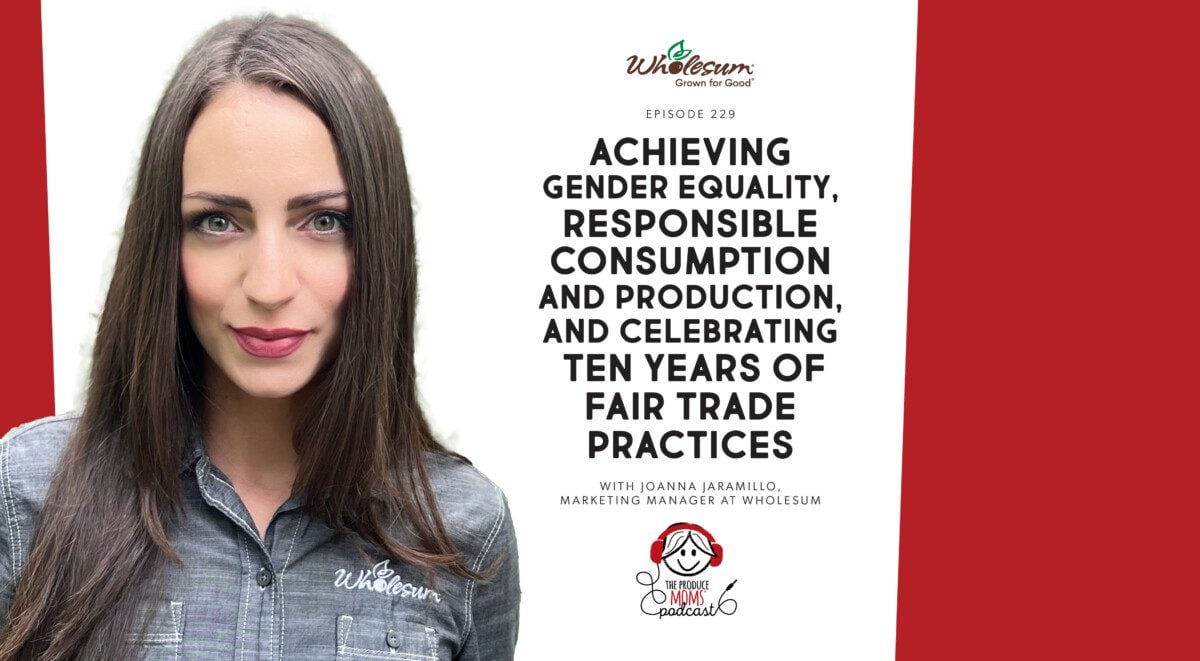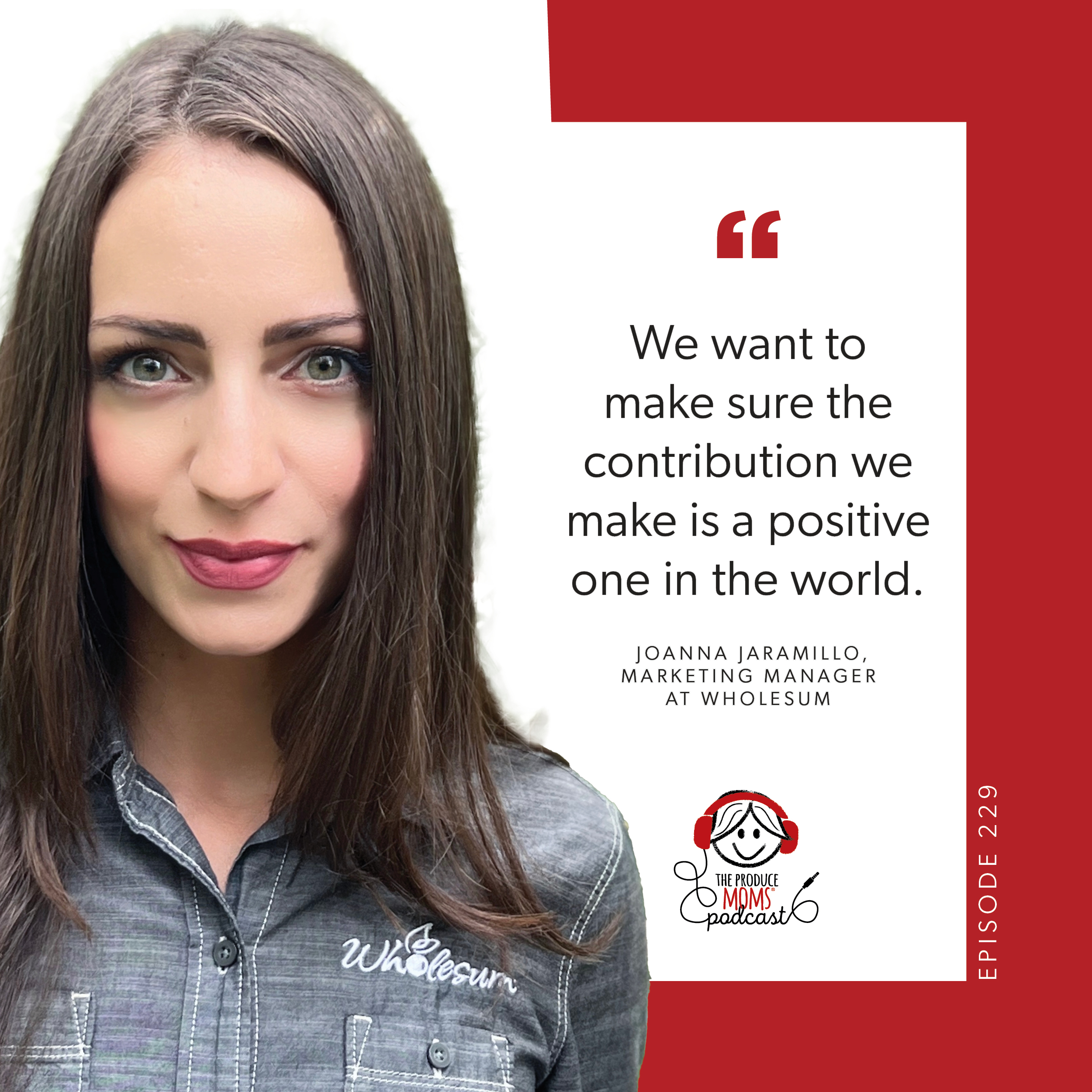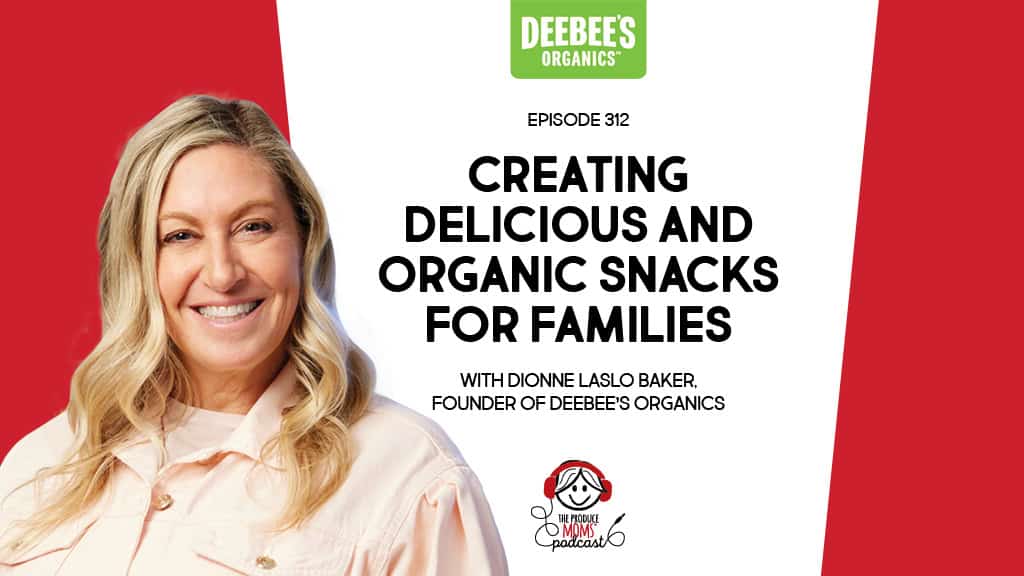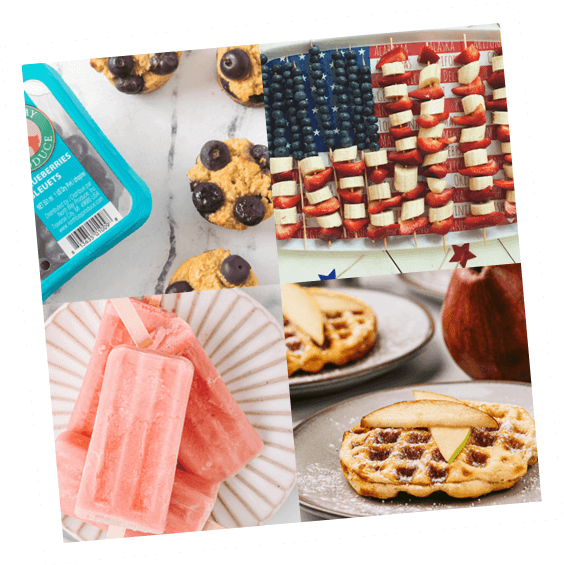Episode 229: Joanna Jaramillo
Aug 17, 2022

This post may contain affiliate links. Please read our disclosure policy.

You’ve probably seen Wholesum’s ripe, organic Poppies or Darlings snacking tomatoes, Persian cucumbers, or bright and crisp bell peppers when shopping for groceries, but did you know Wholesum’s produce is 100% fresh, organic, responsibly grown, they use 100% renewable energy on their farms, and the company has a decade under their belt of being fair trade certified? A true, progressive leader in the agriculture industry, Wholesum was one of the first to dedicate their entire farming portfolio to organic food back in the 90’s!
Their commitment to making a positive impact on our planet is even more impressive. Wholesome has committed to the U.N.’s Sustainable Development Goals 5 and 12, and they publish a report every year to showcase their successes, but also be held accountable by all stakeholders as a way to identify opportunities for improvement. It’s not too often you find a company who’s so willing to be criticized by all of their stakeholders, whether it’s the communities they work in, their employees, their suppliers, customers or consumers. The report captures data across the board of Wholesum’s farming operations, such as their energy use, renewable and non-renewable outputs, water recirculation, waste management ,recycling, social impact, gender equality and the impact of fair trade on their farms.
“What moved my soul when I experienced Wholesum was to see how these fair trade premiums were spent, and to see how this one farming operation, this one brand, the cucumbers I buy at Whole Foods, turn into real funds that the workers can vote on where they want their money to be spent.” Lori Taylor (3:13-3:38)
In 2018, Wholesum made a commitment to the principles of the United Nations Global Compact, which is when they decided to commit to Goal 5 and 12 of the Sustainable Development Goals. We’ve talked to several stakeholders in the UN’s SDGs in previous episodes, but if you aren’t familiar, these are a set of 17 goals developed by the United Nations to get businesses and government agencies to collaborate on solving some of the world’s biggest problems. The 17 SDGs are:
- No poverty
- Zero hunger
- Good health and well-being
- Quality education
- Gender equality
- Clean water and sanitation
- Affordable and clean energy
- Decent work and economic growth
- Industry, innovation and infrastructure
- Reduced inequalities
- Sustainable cities and communities
- Responsible consumption and production
- Climate action
- Life below water
- Life on land
- Peace, justice and strong institutions
- Partnerships for the goals
Although Wholesum’s core values align with each of these goals, and they want to ensure they are measurably making an impact towards all 17, they decided to focus on Goal 5, gender equality, and Goal 12 responsible consumption and production, because they knew they could make a direct impact towards these on their farms. As they continue to report yearly and build a roadmap of progress, they can take on more of the SDGs and incorporate them into their operations. 
“It’s a very difficult task to go through each of these 17 goals and determine how to work towards achieving them all at once.” Joanna Jaramillo (17:49-18:01)
To make an impact with SDG 12, Wholesum looks at all of their inputs, all the way down to the twine they use on their cucumbers or the labels that go on their tomato packages. Everything is classified as renewable or nonrenewable and by measuring these facts, they’re able to identify what they can replace or reduce. One of Joanna’s responsibilities is looking into packaging design, which can be a challenging and complex situation. For example, she found a packaging item that was very sustainable, but when they tested on their product, the shelf life majorly reduced, which would lead to more food waste – a packaging paradox.
Wholesum has been actively creating a positive impact and evolving their company for three generations, ever since their first tomato seed was planted in New Mexico. Hopefully other companies and stakeholders are inspired to create their own changes and work towards goals like the SDGs by following Wholesum’s lead in progressive impact. You can find Wholesum’s Conscientious Company Report and keep up with their amazing progress by visiting their Instagram, LinkedIn or website!
How to get involved
- Join The Produce Moms Group on Facebook and continue the discussion every week!
- Reach out to us – we’d love to hear more about where you are in life and business! Find out more here.
If you liked this episode, be sure to subscribe and leave a quick review on iTunes. It would mean the world to hear your feedback and we’d love for you to help us spread the word!







